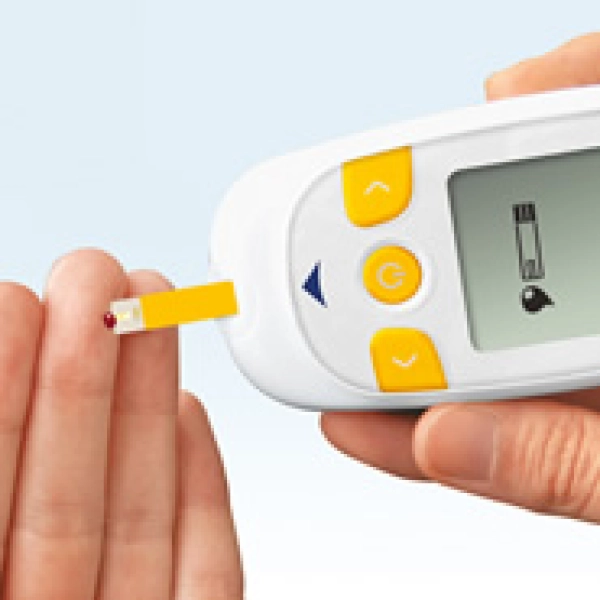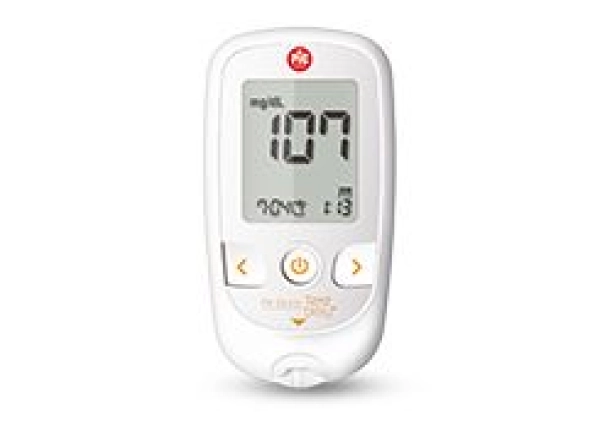

Are you expecting a baby? That's great news! However, you should be aware of gestational diabetes and its risk factors. For example, if any of your first-degree relatives are affected by type 2 diabetes, you may be at higher risk for gestational diabetes; the same is true if you are over 35 years old or are overweight.
Medical-scientific research has proven gestational diabetes can be completely asymptomatic: you could have no symptom or warning sign at all. Some women, however, notice they are thirstier, need to go to the bathroom more often, have eye problems or inexplicably loose weight.
Can you prevent gestational diabetes? Yes, but only by acting before getting pregnant. The "X factor", in this case, is all about your lifestyle: increase your physical activity, eat a balanced diet, limit sugars and try to stay in shape.
The therapy for gestational diabetes strives to keep your blood sugar levels in check throughout pregnancy, in order to minimize the risk of complications both for you and for your baby. On top of increasing physical activity and eating a balanced diet, you will have to monitor your glycaemic values often. Then, your doctor will decide whether you need to start an insulin therapy as well or not.





